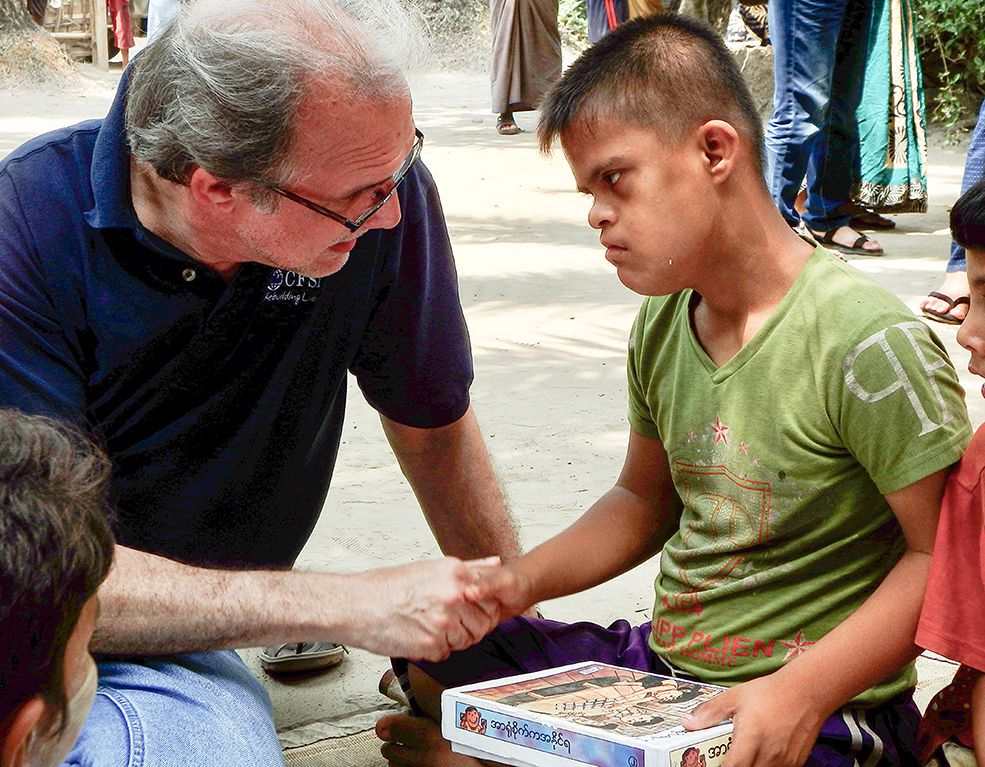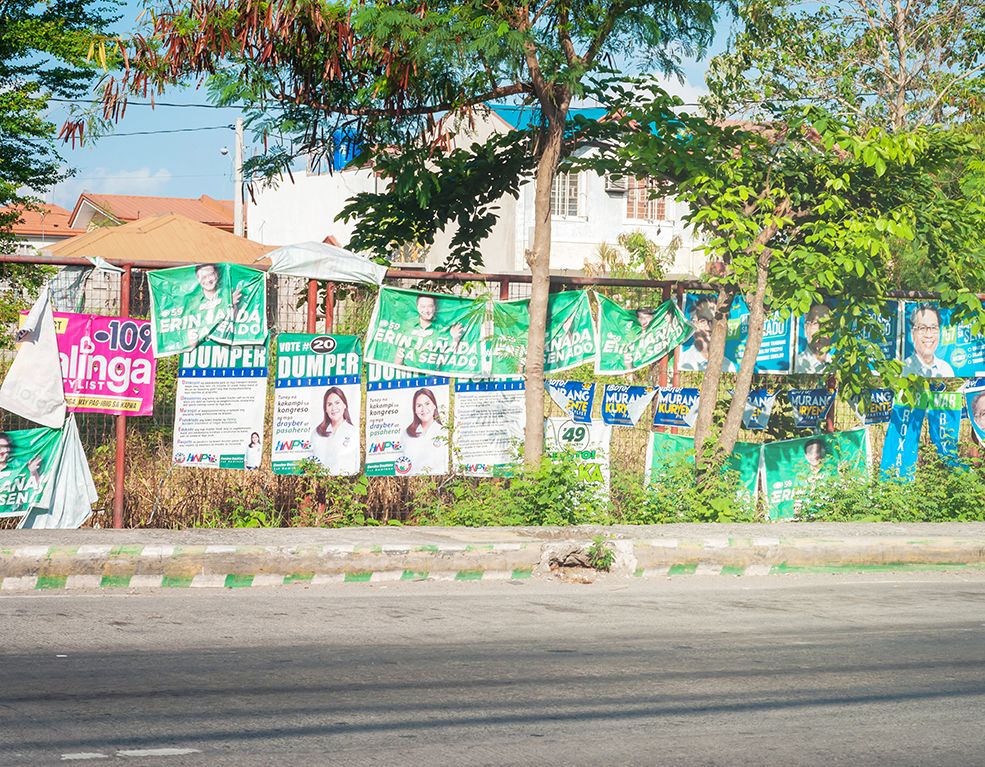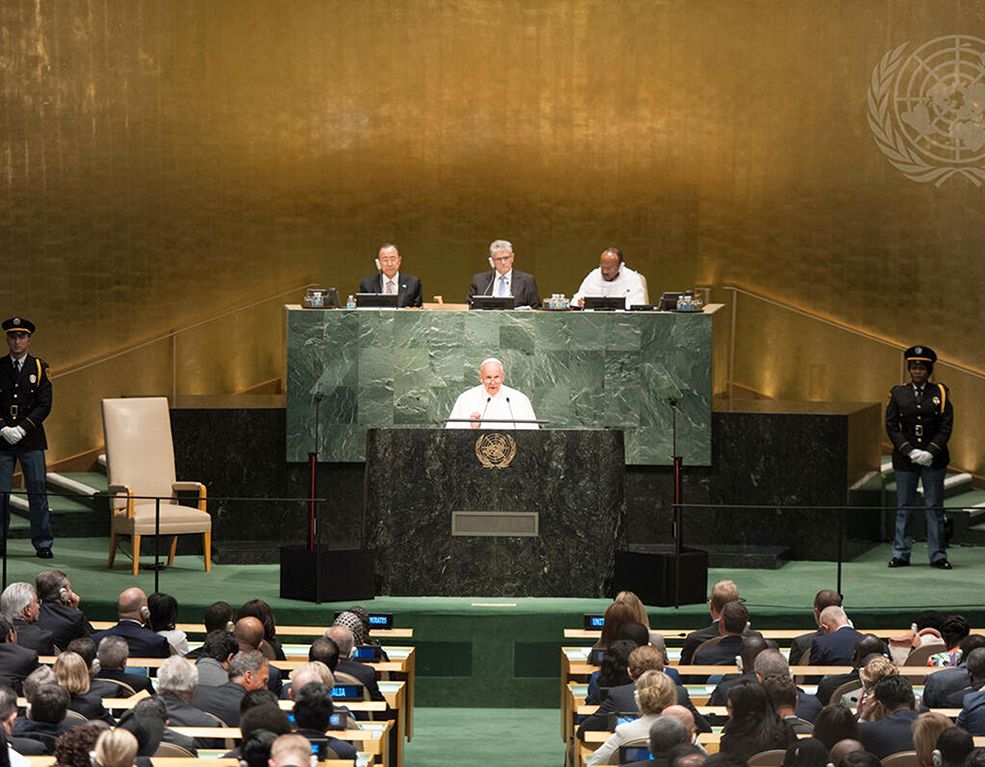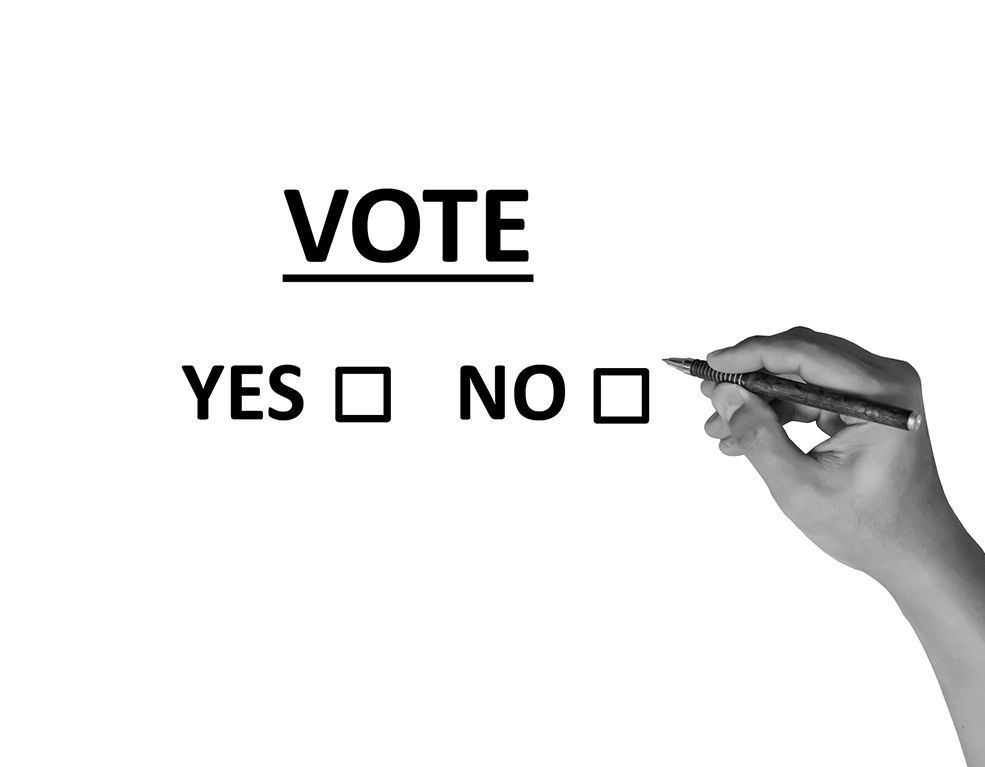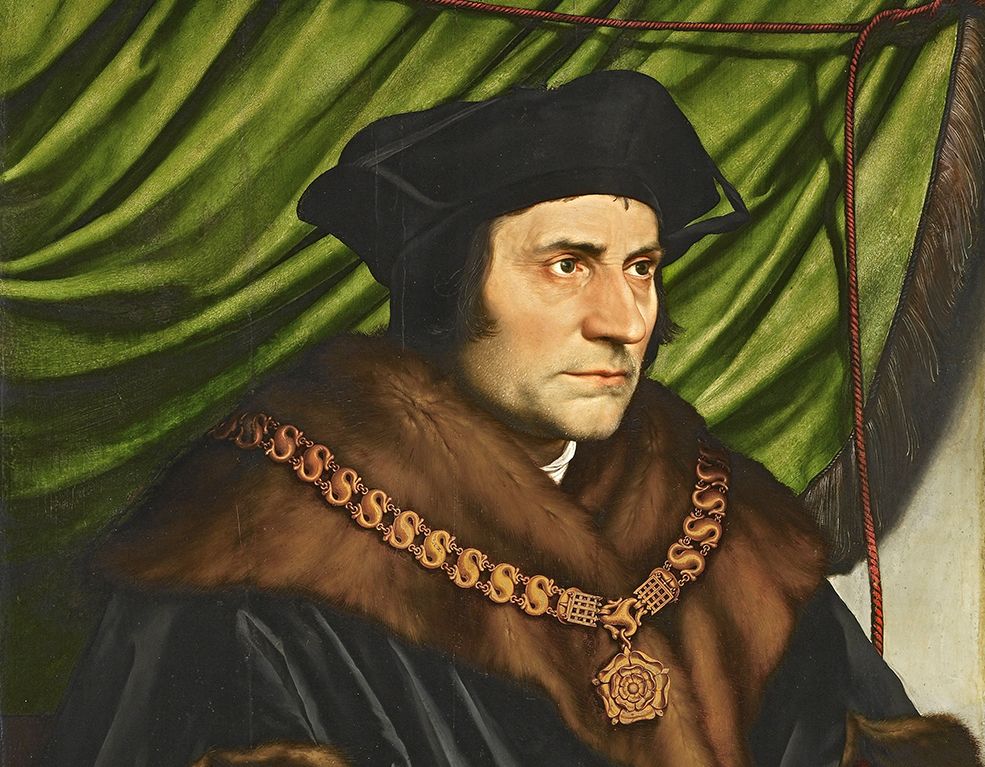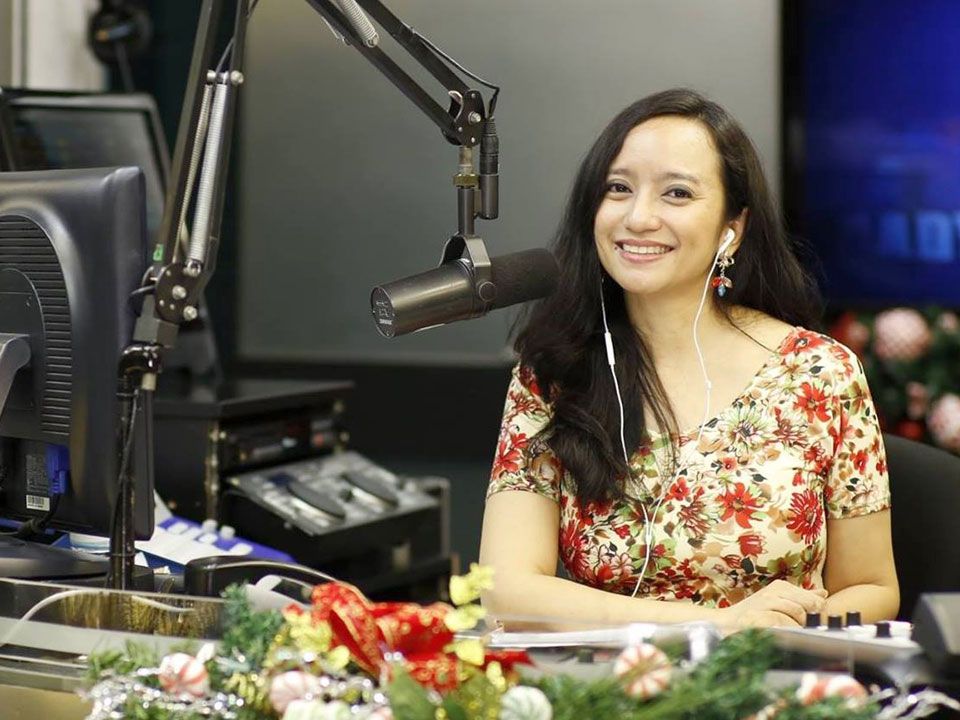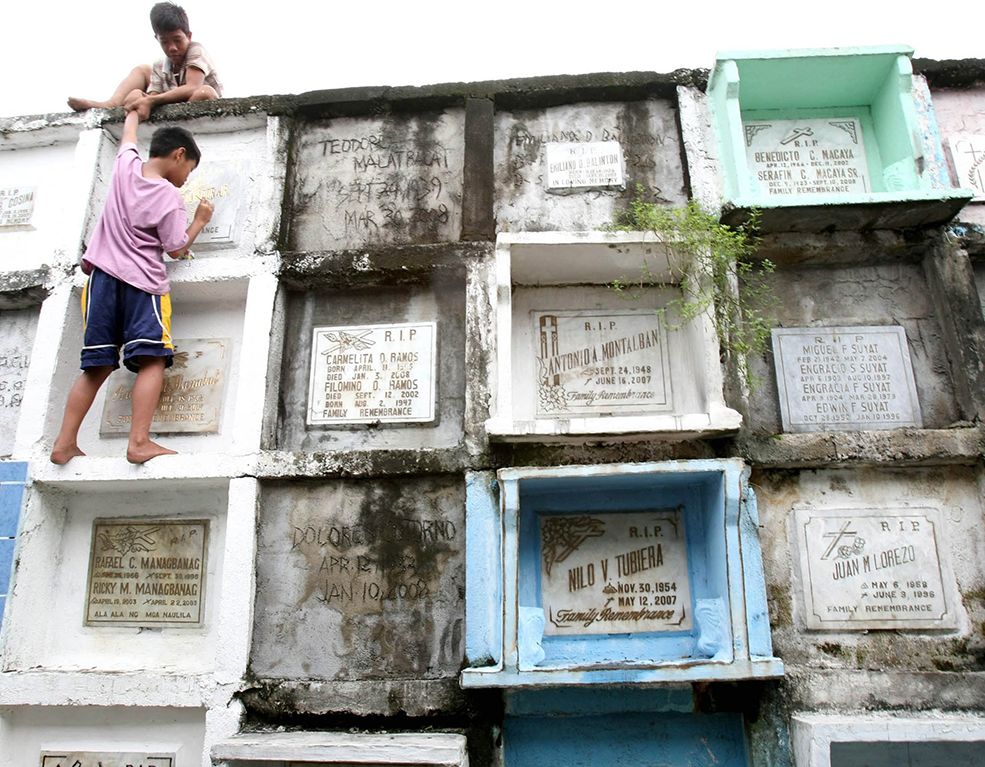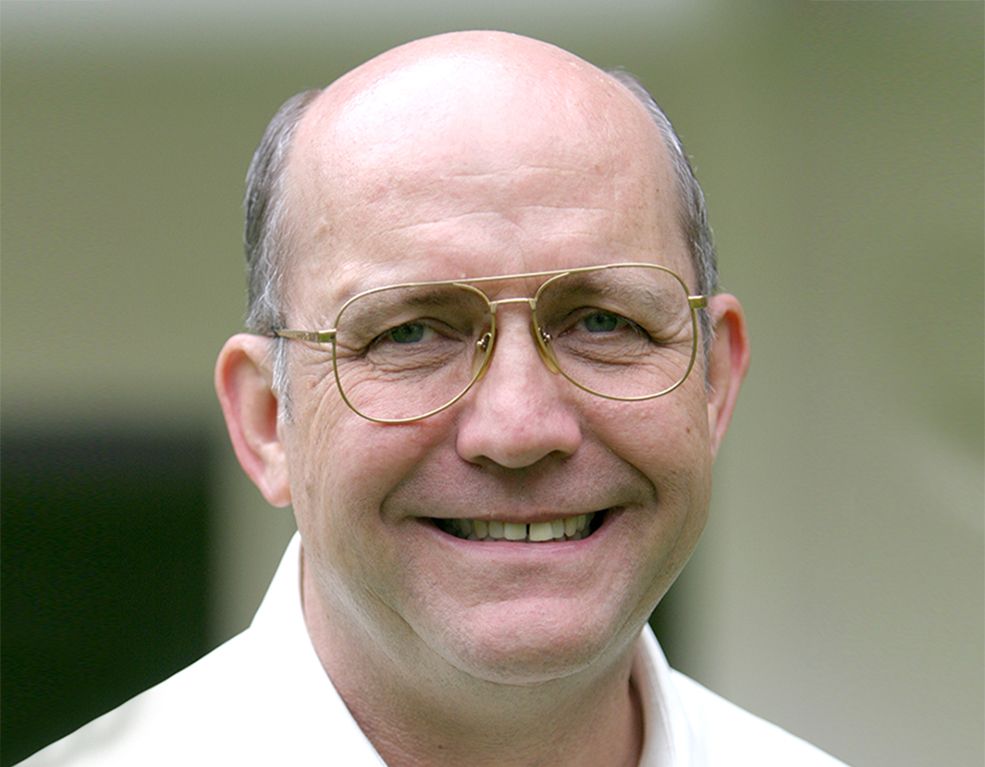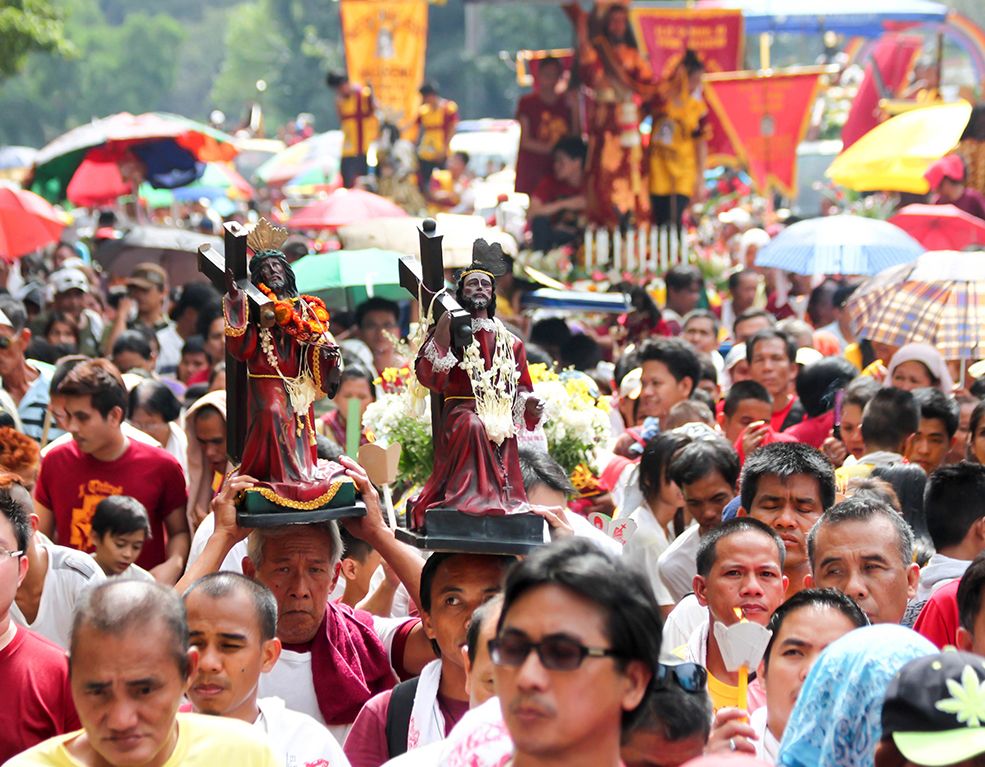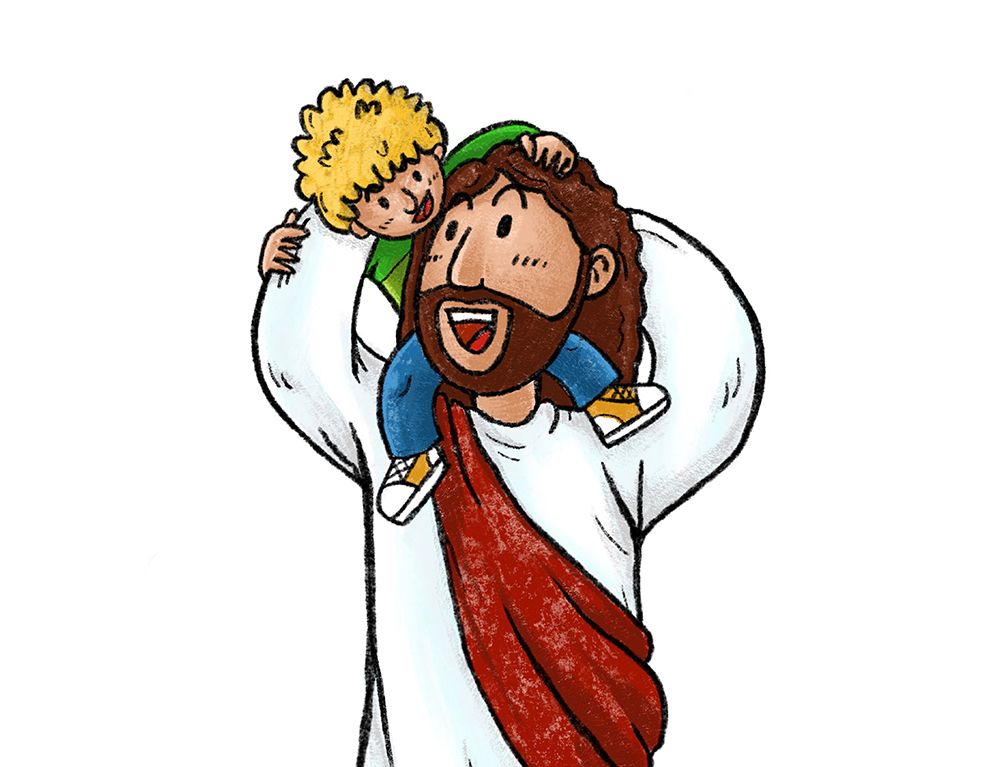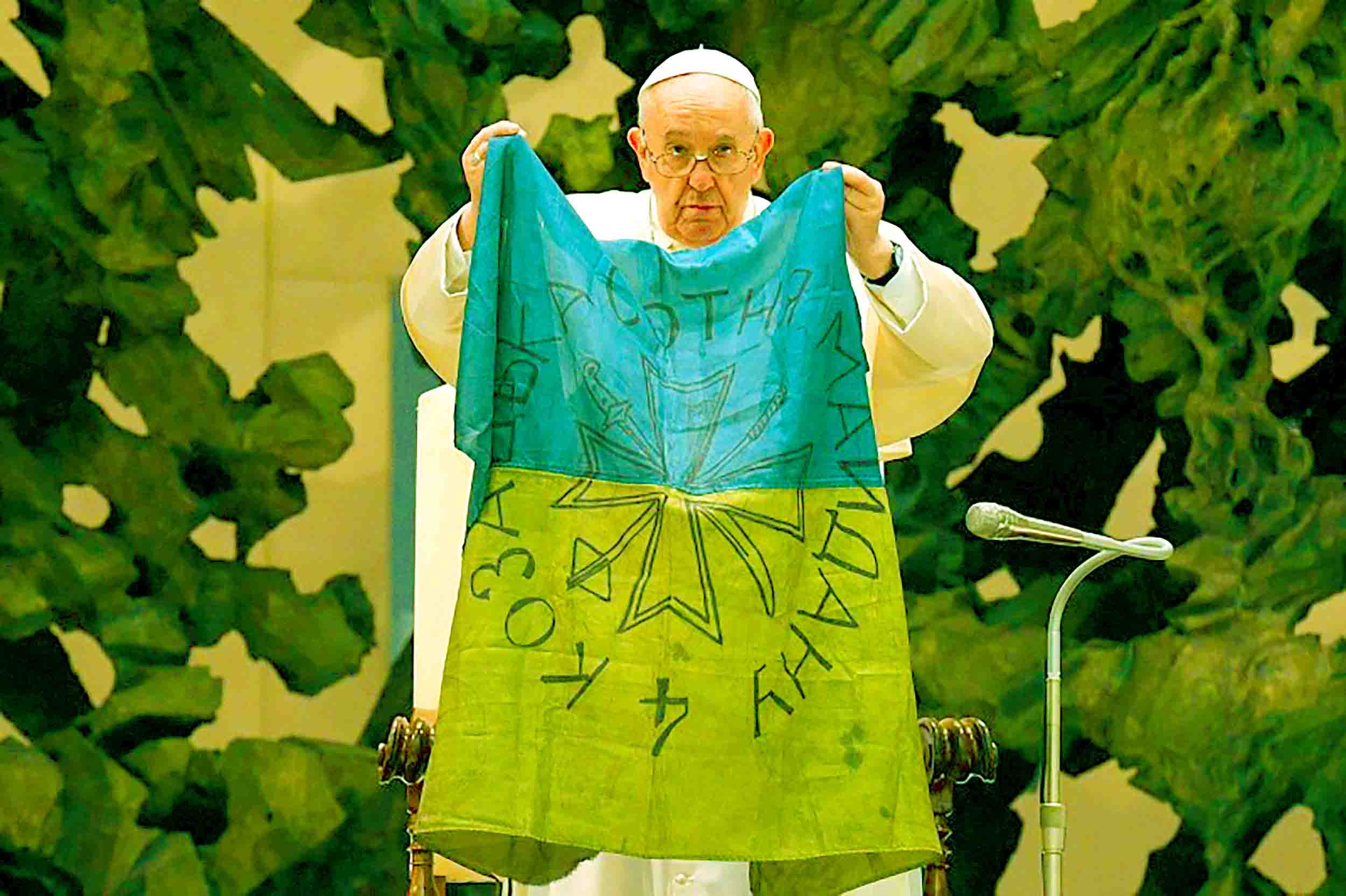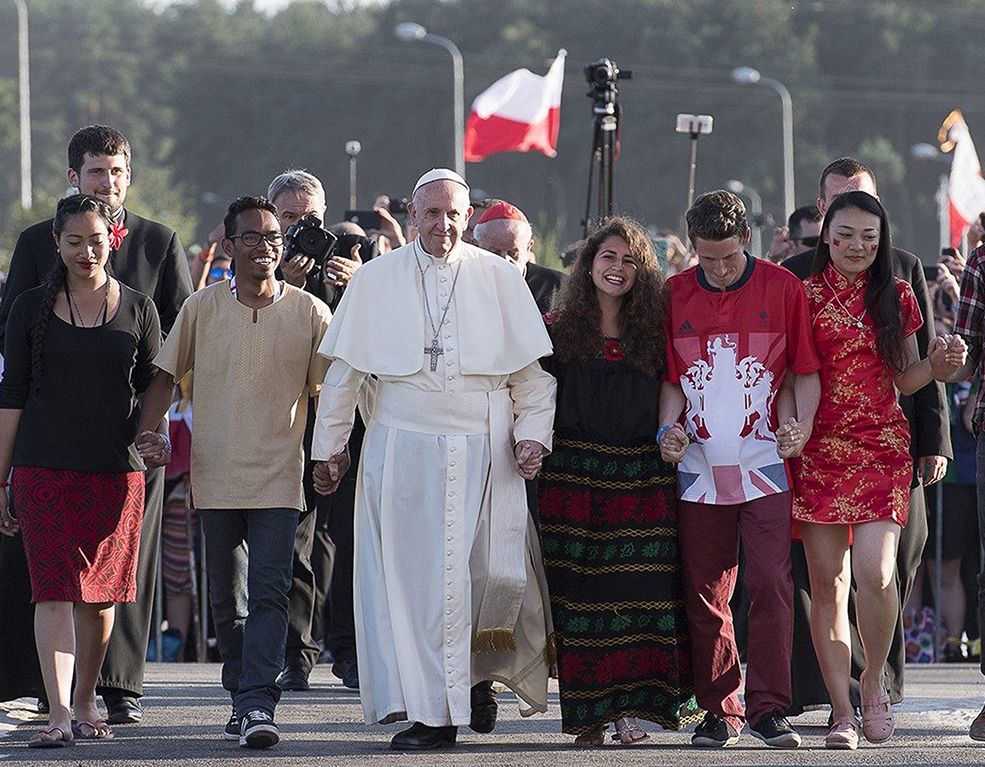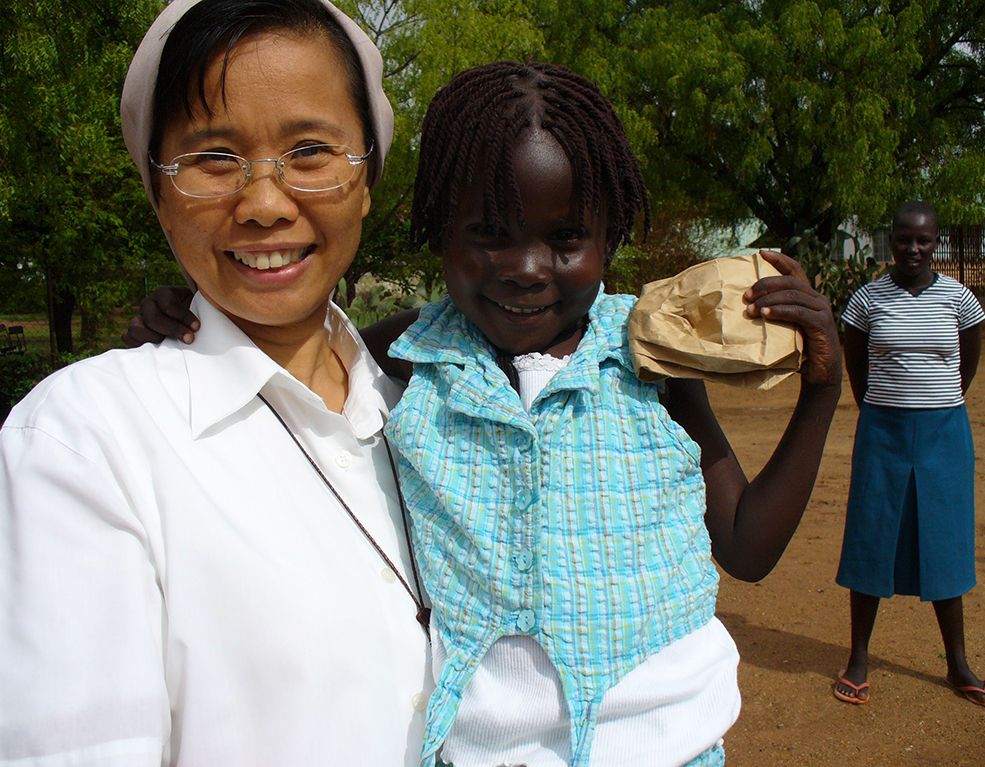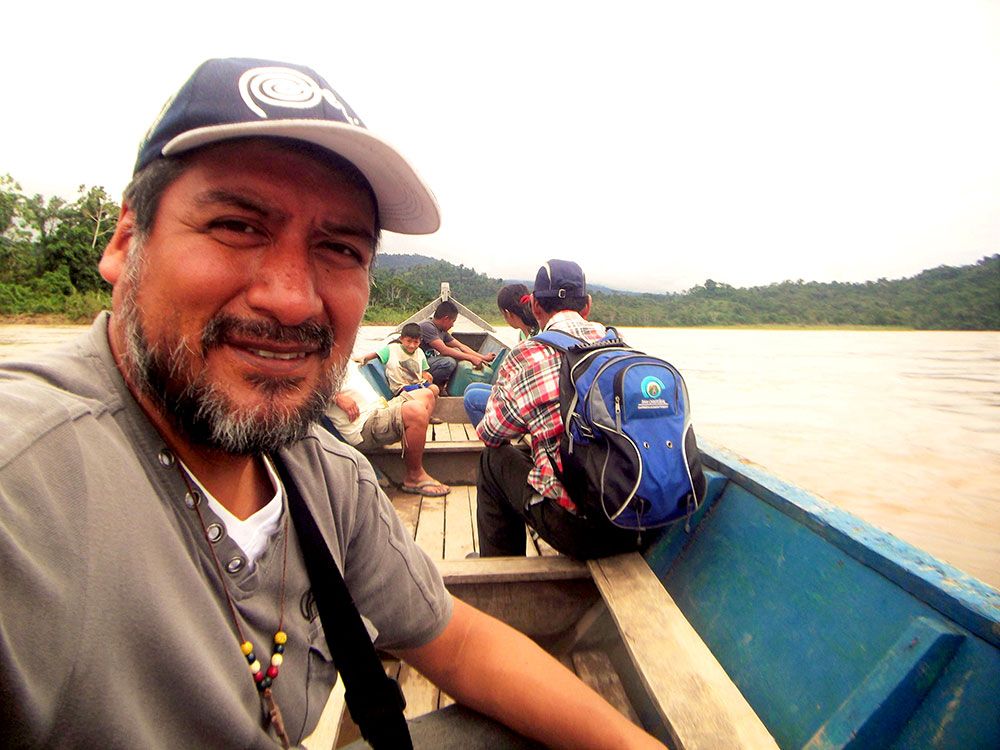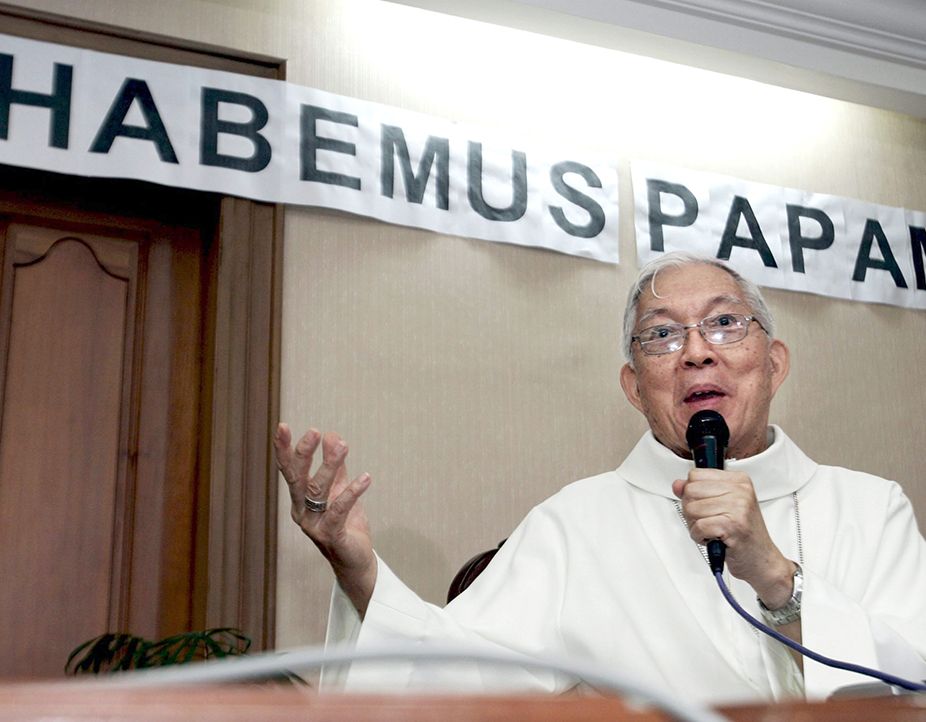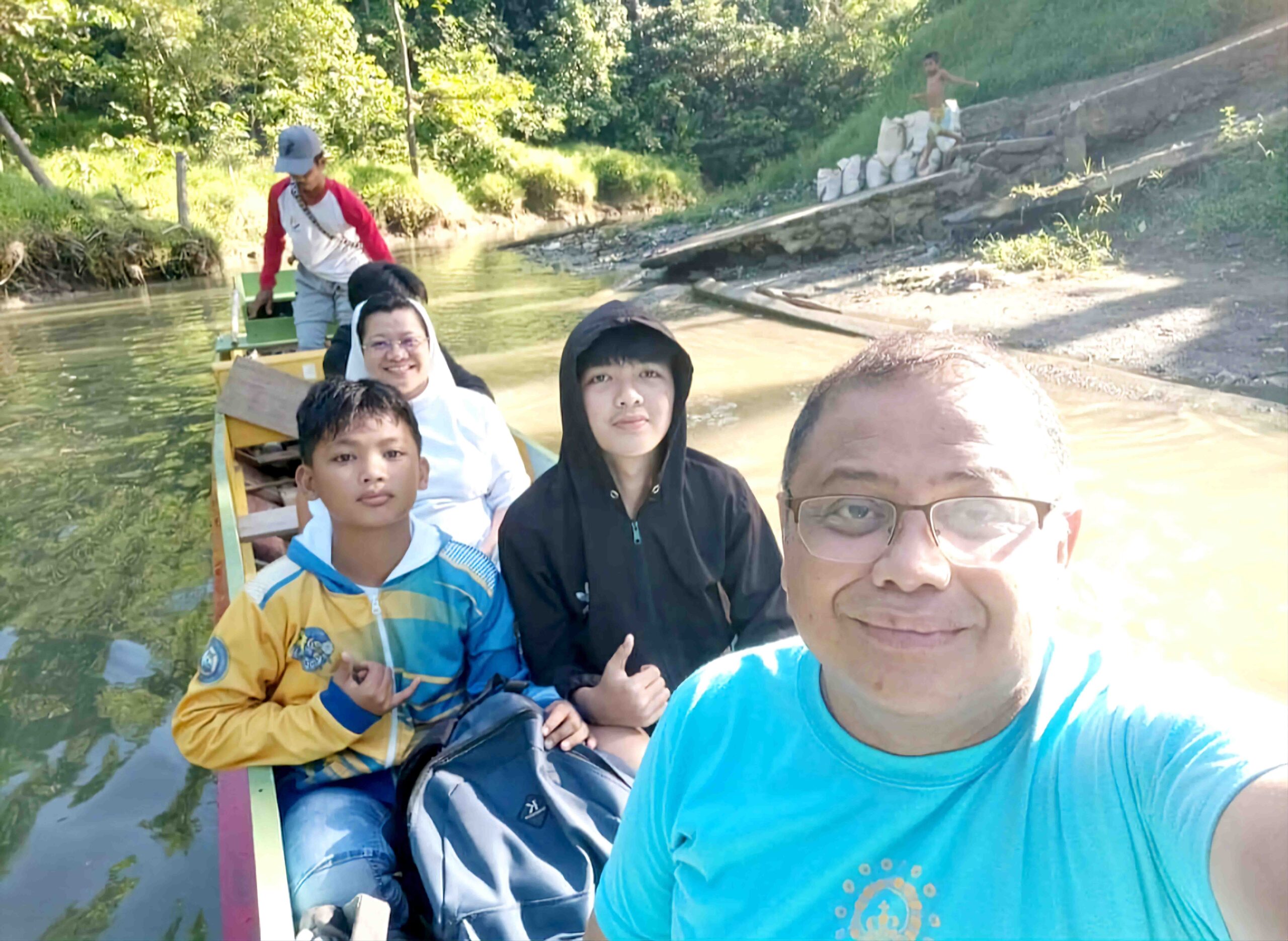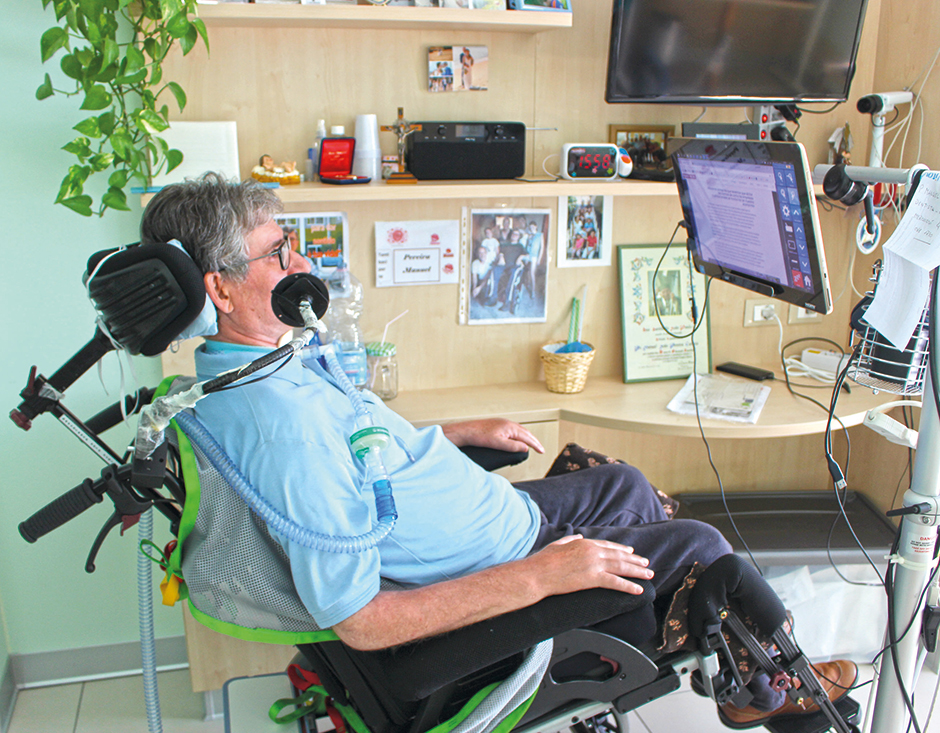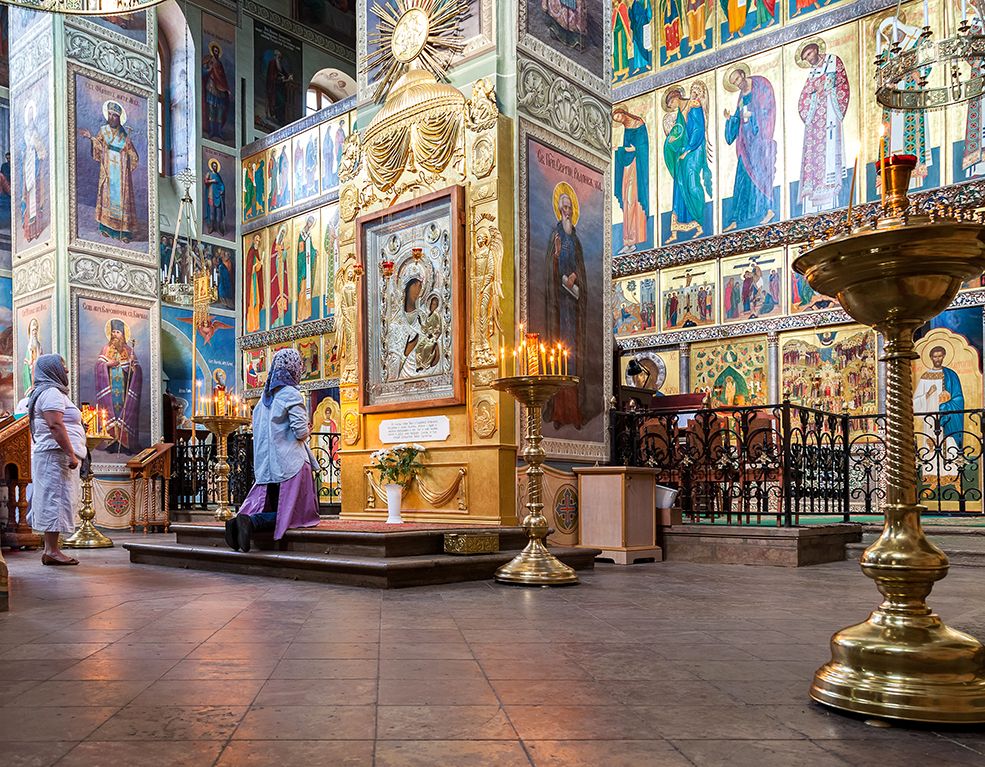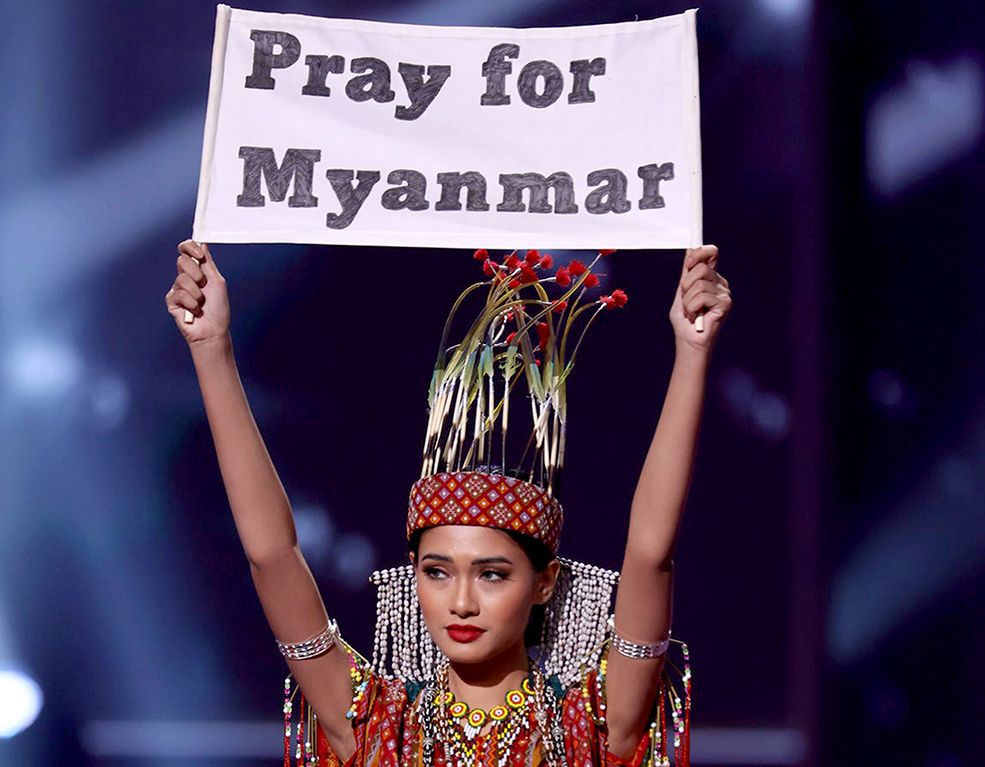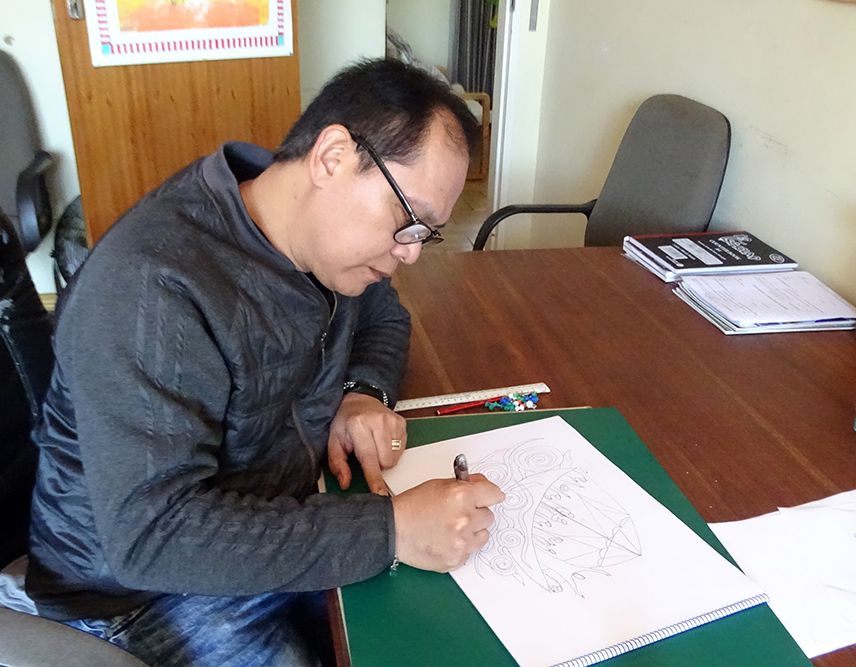Dr. Steven Muncy did not expect to be one of the five recipients of the 2021 Ramon Magsaysay Award. “When Ramon Magsaysay Award Foundation president Susan Afan called to inform me about the award, my first question to her was, did you dial the wrong number?” recalls the soft-spoken, self-effacing 64-year-old American.
For over 40 years, Dr. Muncy has dedicated his life to serve displaced and persecuted people. In 1981, he founded Community and Family Services International (CFSI), a humanitarian organization that has worked in 10 Asian countries serving people uprooted by persecution, armed conflict, disasters, and other exceptionally difficult circumstances. He has spent more than half of his life outside his own country, working under onerous conditions, with no thought of material gain for himself.
As one of this year’s recipients of Asia’s premiere award which is considered the Nobel Prize of Asia, Dr. Muncy is being recognized for “his unshakable belief in the goodness of man that inspires in others the desire to serve; his life-long dedication to humanitarian work, refugee assistance, and peace building; and his unstinting pursuit of dignity, peace, and harmony for people in exceptionally difficult circumstances in Asia.”
Early Influences
Dr. Muncy was raised in a humble family grounded in the principles of Christian love for others. The eldest of three children, he was the first in his family to go to university and travel abroad. He grew up in a small town in northern Virginia during the 1960s, a tumultuous decade dominated by the Vietnam War, civil rights protests, Cuban missile crisis, and the assassinations of President John F Kennedy and Martin Luther King.
It was also the time when school segregation by race was still enforced in some parts of the US, which meant that African American and Caucasian students had to study in separate schools.
“My town was very slow to desegregate schools. It wasn’t until 1968 when I was in grade 6 that the public schools in our area were desegregated. With desegregation, I went to what had traditionally been a school for African Americans, the Frederick Douglass Elementary School,” says Dr. Muncy. The school is named after an escaped slave who became a prominent activist and a leader in the abolitionist movement, which sought to end the practice of slavery before and during the American Civil War.
Growing up in a town just outside Washington D.C., Dr. Muncy, as a middle-grade student,was influenced by the zeitgeist of the late 1960s, particularly the civil rights movement and the lessons of Martin Luther King. He supported civil rights and racial integration, and opposed the Vietnam War.
In 1979, he graduated magna cum laude in social work from James Madison University in Harrisonburg, Virginia. Fresh out of college, he worked for about a year as a social worker in Florida.
Compassion For The Displaced
Dr. Muncy began his itinerant humanitarian work in 1980 as a volunteer to the Baptist Journeyman program. For his first posting abroad, the program offered two choices: Thailand or the Philippines. The 23-year-old social worker picked the latter where he would serve as program officer of the US Refugee Program in the Philippine Refugee Processing Center in Morong, Bataan. What motivated the young man to leave his native country to work under difficult conditions in a faraway, unfamiliar country?
“I was drawn to the plight of Cambodian refugees fleeing the genocide being perpetrated by a ruthless regime, as well as refugees from Vietnam and Laos trying to escape their war-torn countries. I wanted to help them,” Dr. Muncy explains.
“I chose to volunteer in the Philippines because it was under martial law at that time. I wondered how a country willing to provide safe refuge for people displaced by war and repression was also capable of persecuting its own people. I found that an interesting dilemma.”
As program officer, Dr. Muncy took daily trips around the 360-hectare refugee camp, talking to people about how to address their problems and identifying the needs of the community. His daily engagement and collaboration with the camp residents inspired the young social worker to chart his own path. After less than a year of service in the Journeyman Program, he left the program and established a humanitarian organization that would later be called CFSI.
Dr. Muncy has worked in dozens of countries around the world, but chose the Philippines as the headquarters of CFSI. He describes the country as a good regional platform, citing Filipinos’ innate hospitality, willingness to help, and English proficiency. “Filipinos have been through tough times as well and therefore can empathize with people in difficult situations. There are many talented and dedicated Filipinos in the humanitarian and development sectors all over the world. Many have come from CFSI.”
Family Of Humanity
Dr. Muncy describes himself as not particularly religious, but spiritual. “I believe in a Supreme Being from whom I seek guidance frequently.” He believes in Jesus’ new commandment for us to love one another; a sense of community; and humans must be good stewards of our God-given resources such as time, talent, and money.
“I strongly believe in accountability. Christians are told to confess and repent, to seek wise counsel and learn from their mistakes. In the humanitarian sector, I think we would call that accountability,” says Dr. Muncy.
With the end of the COVID-19 pandemic nowhere in sight, Dr. Muncy urges everyone to accept this reality and learn to adapt to it. “Let’s move away from the idea that our lives will return to normal.”
Unfortunately, he says, the pandemic has not diminished the number of people affected by conflict and displacement around the world. “We all belong to one family, the family of humanity. Let’s learn to accept one another, to disagree without hurting or harming another person, to talk about problems and aim to work on solutions even if these take a long time to achieve. Only then can we move forward.”

